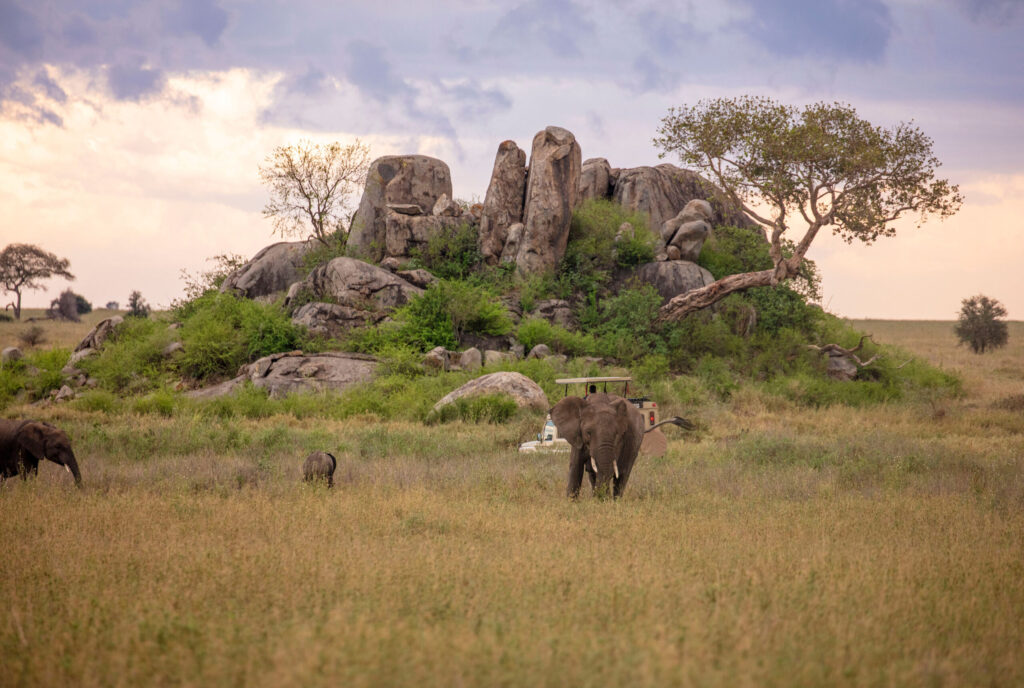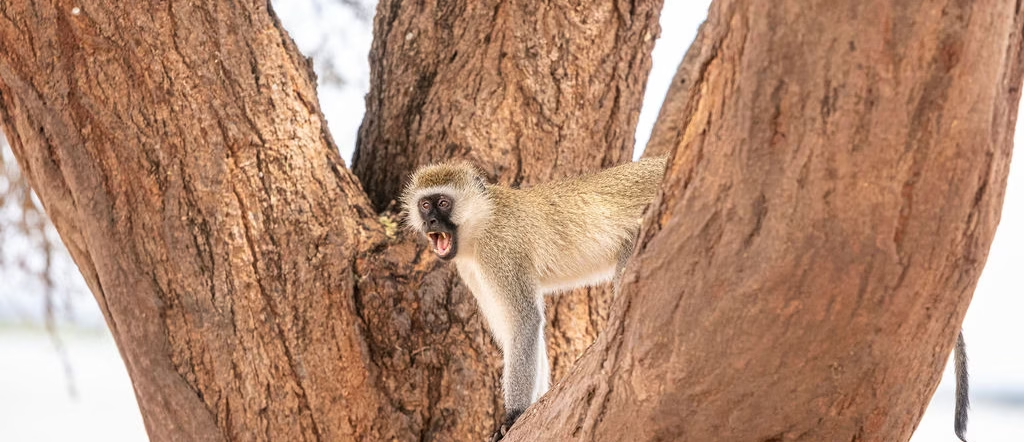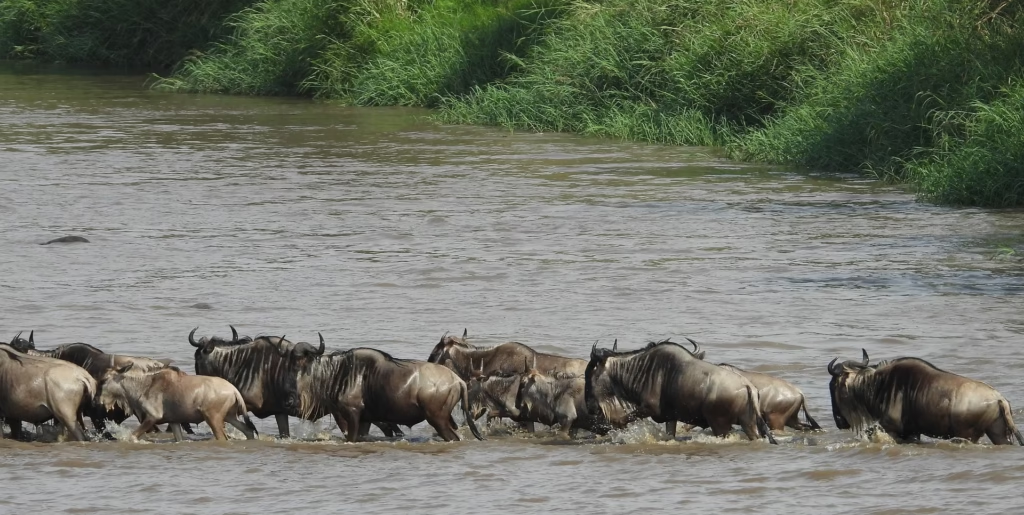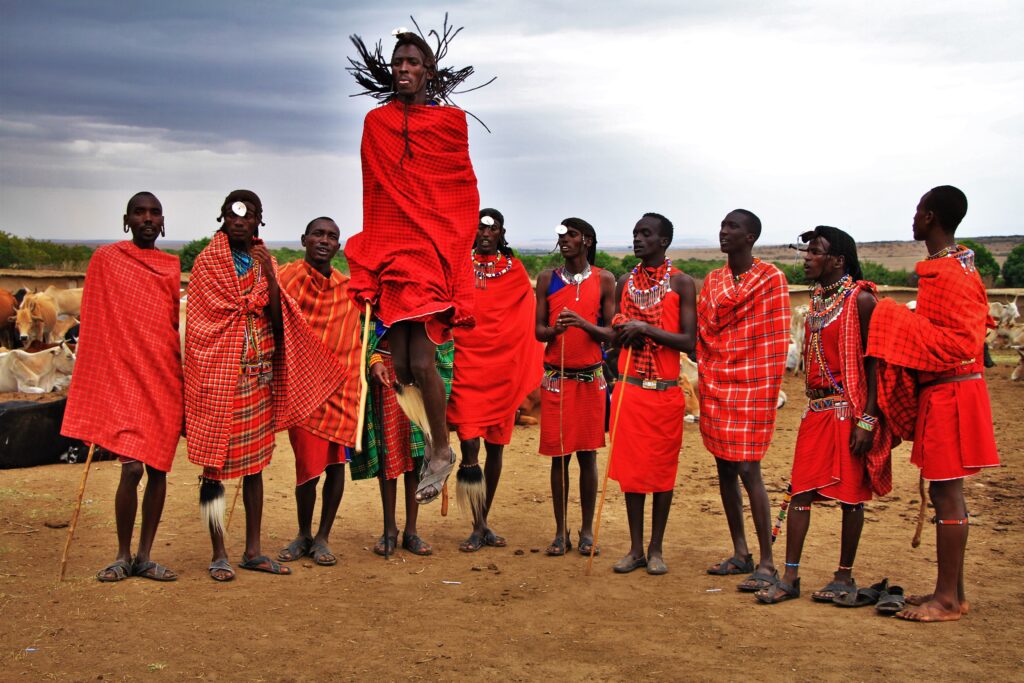Tanzania Safari Travel Tips: Your Friendly Guide to an Unforgettable Adventure

Introduction
Imagine waking up to the distant roar of a lion or the soft rustling of zebras grazing outside your tent. Picture yourself standing on the endless plains of the Serengeti as herds of wildebeest thunder by in a breathtaking display of nature’s rhythm. That’s the magic of Tanzania—raw, majestic, and unforgettable.
Whether you’re dreaming of a once-in-a-lifetime wildlife adventure or you’ve already booked your ticket, this guide is packed with Tanzania safari travel tips that will help you navigate your journey like a seasoned explorer. We’ll share real insights, friendly advice, and some surprising truths that might just save your trip.
Table of Contents
| Sr# | Headings |
|---|---|
| 1 | Why Choose Tanzania for a Safari? |
| 2 | Best Time to Visit Tanzania for a Safari |
| 3 | Top National Parks and What to Expect |
| 4 | What to Pack for a Tanzania Safari |
| 5 | Staying Healthy and Safe During Your Trip |
| 6 | How to Choose the Right Safari Operator |
| 7 | Accommodation Options: From Luxury to Budget |
| 8 | Photography Tips for Stunning Safari Shots |
| 9 | Understanding Safari Etiquette |
| 10 | Cultural Encounters: Meeting the Maasai and Beyond |
| 11 | Visa, Vaccines, and Paperwork Essentials |
| 12 | Money Matters: Budgeting and Payments |
| 13 | Food and Drink on Safari |
| 14 | Sustainable Travel Tips for Tanzania |
| 15 | Common Mistakes to Avoid on Safari |
1. Why Choose Tanzania for a Safari?
Tanzania is safari royalty. It’s home to iconic wildlife destinations like Serengeti National Park, Ngorongoro Crater, and the Great Migration—the world’s most dramatic animal movement. With over 30% of its land protected as parks or reserves, Tanzania offers a front-row seat to nature’s most magnificent theater.
Whether you’re a first-time traveler or a seasoned adventurer, Tanzania has something for everyone—from Big Five game drives to quiet birdwatching in hidden gems like Lake Manyara.
2. Best Time to Visit Tanzania for a Safari
Timing your trip is crucial. Tanzania has two main safari seasons:
Dry Season (June to October): Best for wildlife spotting as animals gather around water sources. Great for seeing the Great Migration in the Serengeti.
Green Season (November to March): Fewer tourists, lush landscapes, and excellent birding. February is prime time for calving in Ndutu.
Pro Tip: Avoid April and May, which are peak rainy months and can make some areas difficult to access.
3. Top National Parks and What to Expect
Here’s a quick guide to some of the best parks:
Serengeti National Park: Famous for the Great Migration and predator sightings.
Ngorongoro Crater: A massive volcanic caldera with a high concentration of animals in a small area.
Tarangire National Park: Known for its elephants and towering baobab trees.
Lake Manyara: Offers tree-climbing lions and a variety of birds.
Ruaha and Selous (Nyerere NP): Remote, wild, and less crowded for the seasoned explorer.
Each park has its own flavor—think of them as different stages in the great play of African wildlife.

4. What to Pack for a Tanzania Safari
Packing for a safari is a bit like preparing for camp—with a twist of glamour. Here’s your must-pack list:
Neutral-colored clothing (think khaki, brown, green)
Hat and sunglasses for sun protection
Light jacket for chilly mornings and evenings
Comfortable walking shoes
Binoculars for distant wildlife
Camera and extra batteries
Bug spray and sunscreen
Medication and first aid kit
Don’t overpack. Many safari lodges include laundry service, and internal flights often have strict baggage limits (usually 15 kg).
5. Staying Healthy and Safe During Your Trip
You’re going to the wild, but you don’t need to suffer for it. Stay safe and healthy with these tips:
Get vaccinated before your trip (Yellow Fever may be required)
Take anti-malaria medication as recommended
Drink bottled or filtered water
Use insect repellent, especially in the evenings
Avoid petting animals, even if they seem tame
Most importantly, listen to your guide—they know the land like the back of their hand.
6. How to Choose the Right Safari Operator
A great guide can turn an ordinary safari into an epic tale. Here’s how to find the right tour operator:
Read reviews from other travelers
Ask about certifications and park permits
Compare itineraries and inclusions (are park fees included?)
Look for local operators, who often provide a more authentic experience
Don’t just chase the lowest price—you want a team that respects wildlife, values safety, and genuinely loves what they do.

7. Accommodation Options: From Luxury to Budget
Tanzania offers everything from rustic bush camps to ultra-luxurious lodges with infinity pools overlooking migration paths.
Luxury Lodges: Perfect for honeymooners and comfort seekers.
Tented Camps: Offer a blend of wild and comfortable—think hot bucket showers and starry skies.
Budget Campsites: Great for backpackers and adventurers who prefer sleeping close to nature.
Each has its own charm. Even the simplest tent in the Serengeti feels like a five-star experience when you hear lions roar at night.
8. Photography Tips for Stunning Safari Shots
Your camera can capture magic—if you’re ready.
Use a zoom lens (200mm+ is ideal)
Shoot in the early morning or late afternoon for soft lighting
Keep quiet and patient—the best moments happen when you’re still
Don’t forget people shots, especially during cultural visits
Wildlife photography is like fishing—you wait, and then suddenly, boom! That perfect lion yawn or zebra sprint.
9. Understanding Safari Etiquette
Being on safari means respecting nature and others around you.
Stay quiet during sightings
Never stand up or leave the vehicle unless told
Don’t litter
Respect animals’ space—this is their home, not a zoo
Avoid loud music or phone use in the bush
Think of yourself as a guest in someone else’s house. The animals were here first.

10. Cultural Encounters: Meeting the Maasai and Beyond
A Tanzania safari isn’t just about animals—it’s about people, too.
Visiting a Maasai village or chatting with your guide about life in Tanzania adds depth to your trip. You’ll hear stories passed down through generations, learn traditional dances, or even get to try throwing a spear (with help, of course!).
Be respectful: Always ask before taking photos and consider buying handmade crafts directly from local artisans.
11. Visa, Vaccines, and Paperwork Essentials
Before you hop on that plane, get your papers in order:
Visa: Most nationalities can get a visa on arrival or apply online
Passport: Should be valid for at least 6 months
Vaccinations: Yellow Fever (if coming from a country with risk), Hepatitis A/B, Typhoid, and Tetanus are recommended
Keep copies of all documents and store them in a waterproof pouch.
12. Money Matters: Budgeting and Payments
Tanzania uses the Tanzanian Shilling, but US dollars are widely accepted, especially in tourism areas.
Carry small bills for tips and market purchases
ATMs are available in major towns but can be unreliable
Credit cards are accepted at most lodges, but expect a 3-5% fee
Plan your budget to include park fees, tips, drinks, souvenirs, and optional extras like hot-air balloon rides or bush breakfasts.
13. Food and Drink on Safari
You’ll be pleasantly surprised—safari food is delicious!
Buffets and three-course meals are common
Expect fresh fruits, grilled meats, and local dishes like ugali and nyama choma
Vegetarian options are usually available, but let your operator know in advance
Avoid drinking tap water and ask for bottled or purified water instead.

14. Sustainable Travel Tips for Tanzania
Traveling responsibly helps preserve Tanzania’s wonders for future generations.
Choose eco-certified lodges
Support local communities
Reduce plastic use
Stick to marked trails
Don’t buy wildlife products (like ivory or animal skins)
Think of it this way: every choice you make is a footprint—make it a light one.
15. Common Mistakes to Avoid on Safari
Let’s save you from rookie errors:
Wearing bright colors or camouflage clothing (camouflage is illegal for civilians)
Forgetting binoculars
Over-scheduling—you’ll want time to just relax and enjoy
Not tipping your guide (a small gesture that means a lot)
Underestimating travel time between parks
A safari is not a race—it’s a slow, steady immersion into nature’s rhythm.
Conclusion
A Tanzania safari isn’t just a trip—it’s a journey that stays in your bones. From golden sunsets over the savannah to the rhythm of Maasai drums, from the hush of waiting for a lion to move to the thrill of catching its eye—it’s real, raw, and absolutely worth every dusty mile.
With these Tanzania safari travel tips, you’re more than ready. You’re set to experience something timeless, something wild, something unforgettable.

